
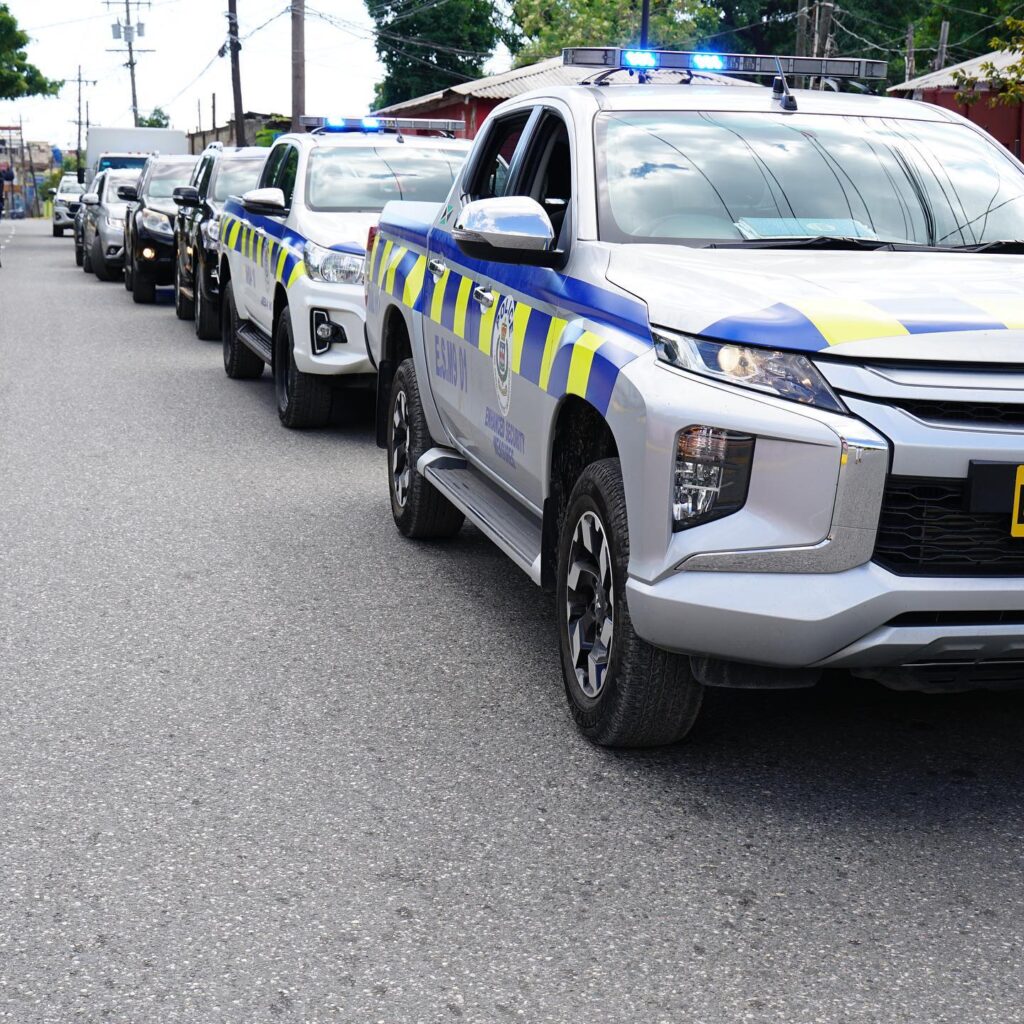
You know, there is something to be said about the ineptitude and failings of State-run institutions in Jamaica, how they treat sensitive issues, and how those issues are addressed amid intense public scrutiny.
The case (or lack thereof) surrounding Westmoreland Central Member of Parliament (MP) George Wright, businesswoman Tannisha Singh and the statement provided by the Jamaica Constabulary Force (JCF) explaining why nothing further will be done at this time does not sit right at all.
Particularly—as the country tries to recover from recent gruesome acts of violence against women, which have come at the cost of their lives—this was yet another wasted opportunity to restore trust in a system duty-bound and on the receiving end of a large chunk of Jamaican tax dollars to “serve, protect and reassure”.
Looking in at the now-closed probe, both the JCF and the governing Jamaica Labour Party (JLP) failed Tannisha Singh and, by extension, all women terribly.
Taking the liberty to analyse the entire 523-word statement released to the media on Friday, April 16, one couldn’t help but make the following observations…
Contrary to reports of the incident taking place last week, the JCF explained that both Singh and Wright made independent reports to separate police stations allegedly after the altercation on April 6.
A visibly battered Singh sought the assistance of the Anchovy Police in St James, while Wright filed his account at the Ramble Police Station in Hanover later that day.
Let’s assume, according to best practice, that a preliminary statement was made and Singh was then aided to get medical attention.
“Given the physical state of Ms Singh, the police escorted her to a
medical facility to ensure she received treatment,” the JCF reported.
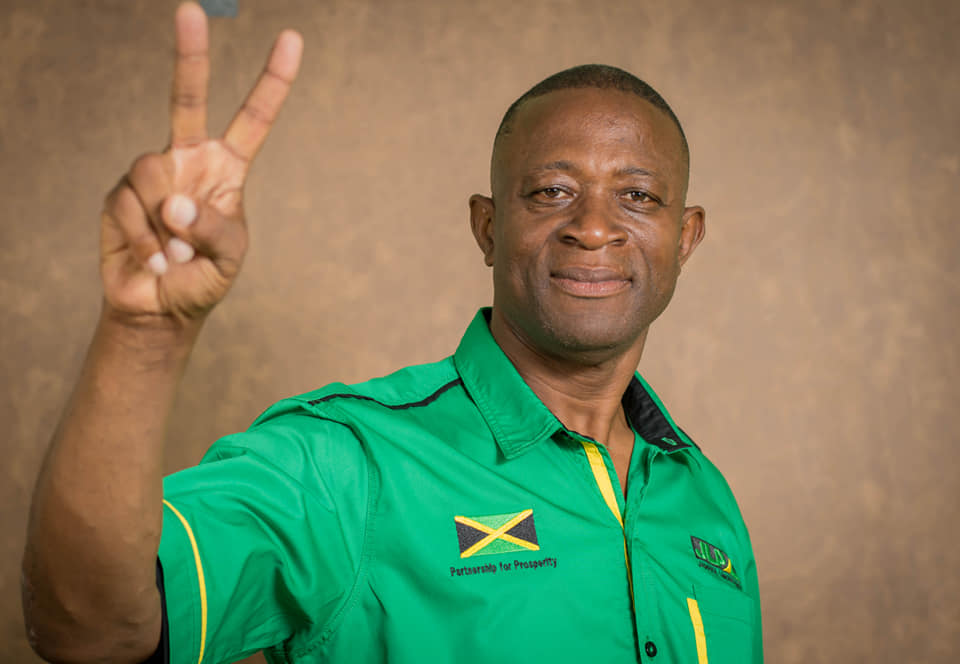
That’s your first mistake. A woman in distress comes to the police to seek help and you “escort her” to get treatment, and she is left to her own devices?
Oh, let’s not leave out that Wright was also asked to seek medical attention and to return to make his formal statement. The JCF said he was “unwilling to do so”.
Is that how reporting works?
Actually no, because according to the Office of the Director of Public Prosecutions (DPP), it is expected that the police take all matters seriously, that victims are listened to and that a witness statement is taken and filed.
“A witness statement is your written account of what happened to you. A police officer will ask you questions and write down what you have said. You will be asked to read it and sign it with your name,” the Office of the DPP indicates in an advisory on its website.
“This statement will become part of the papers the court sees; including; the police, the Office of the Director of Public Prosecutions, the defence, and the magistrates and judges at the courts,” the office continued.
Okay fine, give them the benefit of the doubt. Surely officers stayed with her to “reassure” Singh that her safety was a priority? Singh did get to make that formal, written statement, right?
Wrong.
And it gets worse.
“She was asked to return to the station after treatment to give a formal statement. To date, attempts at securing said statement have proven futile,” the police added.
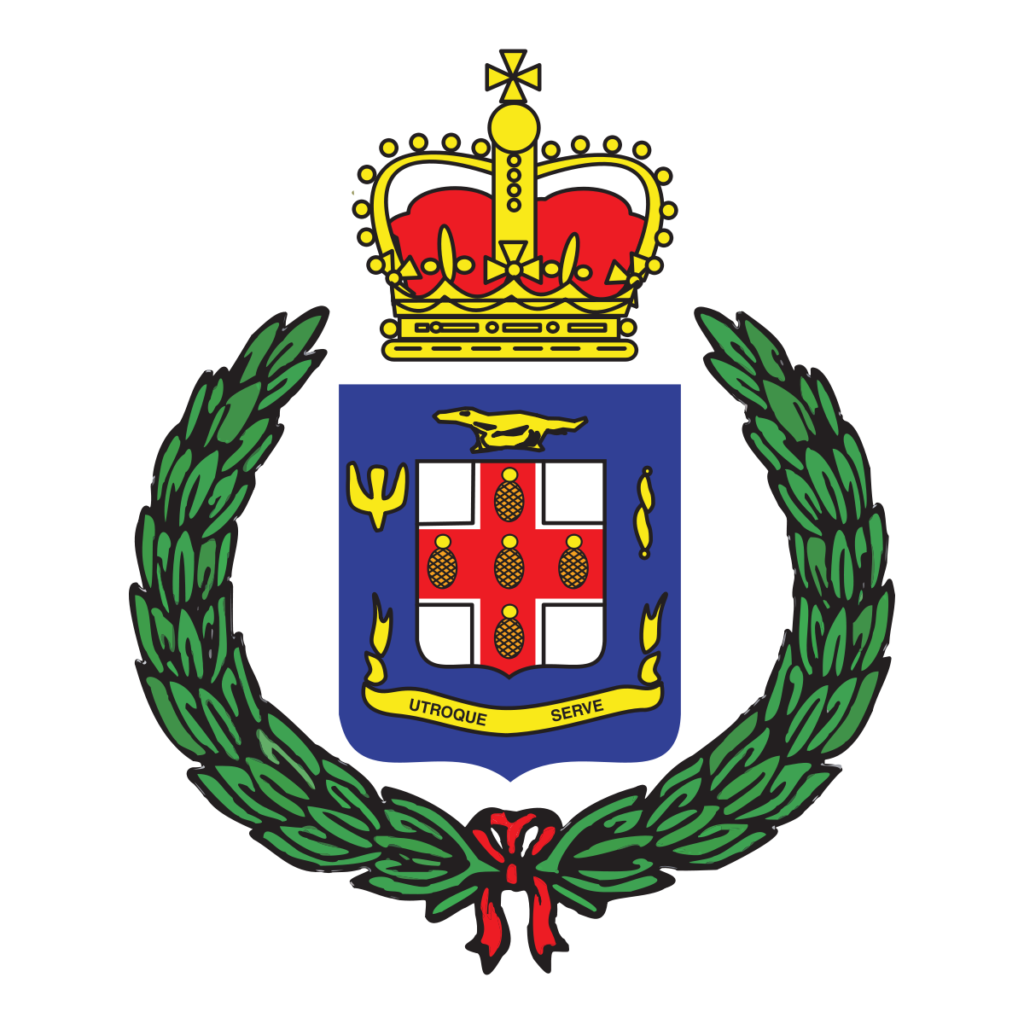
Realistically, what is the reasoning behind this statement, JCF? Do you not realise how BADLY this investigation was fumbled at its very infancy?
Sunday, April 11 was when the matter took on a new dimension, as CCTV footage of the alleged altercation spread like wildfire across social media platforms. And now, the Jamaican public was involved.
The JCF said “based on the local knowledge of the police” the location of the incident in question was “preliminarily identified” and it assigned an officer to immediately ascertain the source of the video.
The following day, the police said it served a preservation order on the owner of the recording and its Communication Forensic and Cybercrime Division (CFCD) subsequently extracted the footage.
That same Monday, attorney Abel Don Foote contacted the police on Wright’s behalf, stating the MP’s willingness to attend an interview.
More than a week after the alleged incident, with the media and wider public watching closely, Wright gave his formal statement on Wednesday, April 14. Wright, who strongly denied his involvement, was released without charge.
The JCF said that Singh was interviewed in the presence of her attorneys on Thursday, April 15.
Too little, too late…
By that time, the damage had already been done, and she was backing off.
“In both interviews, the parties made it abundantly clear that they had no intention to pursue the matter further and would not cooperate with the police investigations into the matter,” the JCF statement continued.
The police justified its stance arguing that due to the “poor quality of the footage” and “unwillingness of persons at the location to cooperate with investigations” it was impossible to conclusively identify the persons captured in the video.
“However, even if the footage was of the highest quality, the police would not have been able to mount a case that met the basic evidentiary standard without the cooperation of the parties involved,” the JCF continued.
While it can be acknowledged, the fact remains that at the time of the incident, and with a fresh memory to recall her ordeal, Singh was not encouraged to make a formal statement.
Her “physical state” was used, inadvertently, to silence her and that is just unacceptable.

It sends a worrying message to current and future victims, and must never be repeated.
In the same, frustrated breath, let’s talk about the JLP. Wright was selected to run against Dwayne Vaz of the People’s National Party (PNP) heading into the September 2020 general election.
Having become the first JLP MP in Central Westmoreland since Karam Josephs in 1980 was a major win, however, the party’s silence amid the scandal was noticeable.
More concerningly, for the first time in Jamaica’s political history, when 18 women were voted to serve in the interest of the people, 14 of them represent the JLP.
Unclear as to who they are?
Let’s list them: Ann-Marie Vaz, Juliet Cuthbert-Flynn, Juliet Holness, Michelle Charles, Fayval Williams, Marlene Malahoo Forte, Marissa Dalrymple-Phillibert, Olivia Grange, Tamika Davis, Marsha Smith, Rhoda Crawford, Krystal Lee, Kerensia Morrison and Tova Hamilton.
None made any statement at the height of the Wright controversy, which is made even worse when considering Grange’s role as a veteran politician and MINISTER OF GENDER affairs.
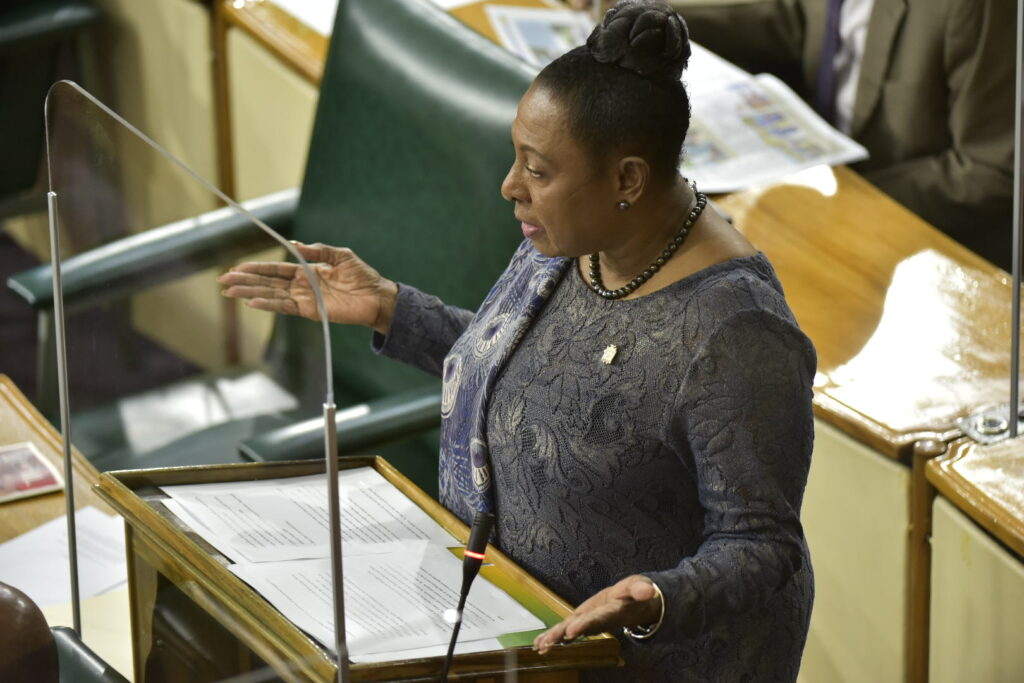
It makes you wonder, if recent condemnations of gender-based violence and femicide in and outside of the parliamentary sphere were ever sincere.
In the wake of Khanice Jackson’s death, Minister Grange, addressing the House of Representatives on March 30, called for collective action across the country in finding solutions to this scourge of violence, especially that which is meted out to women and girls.
But less than a month later, when an incident again dominates the Jamaican consciousness, there is silence…
That’s just an observation though.
Distancing one’s self from an individual, when they no longer serve your political interests, is rather fascinating wouldn’t you say?
Send feedback to [email protected].

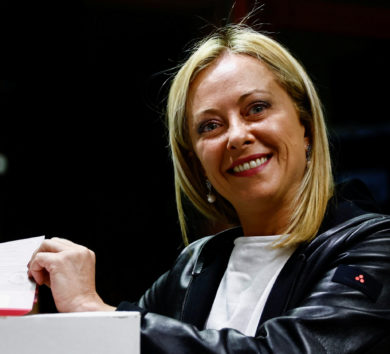

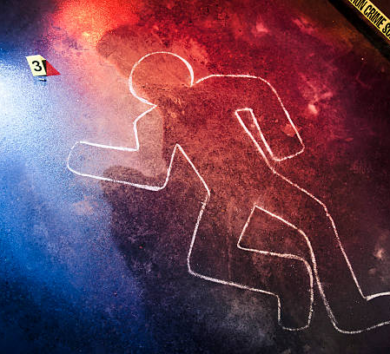


Comments